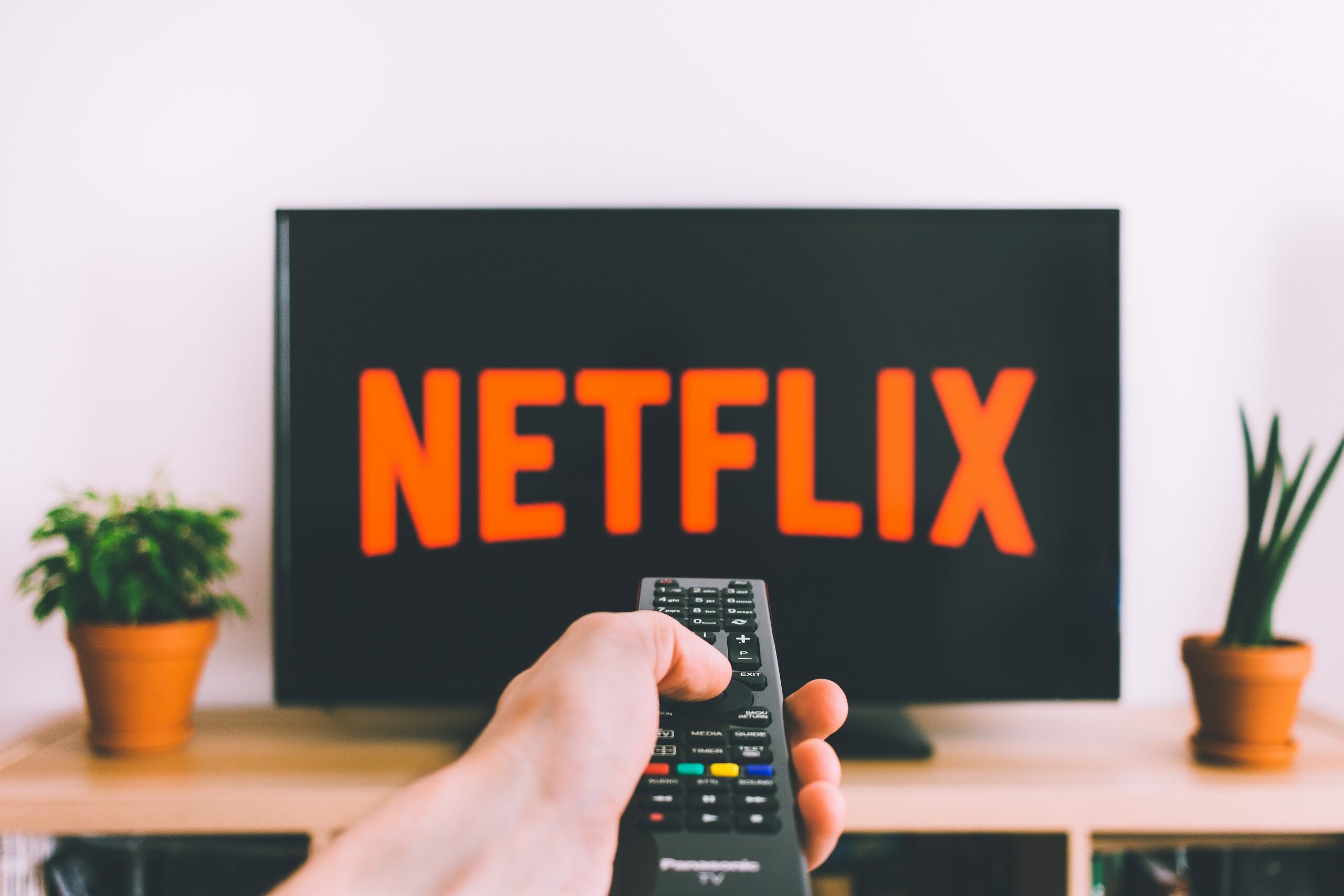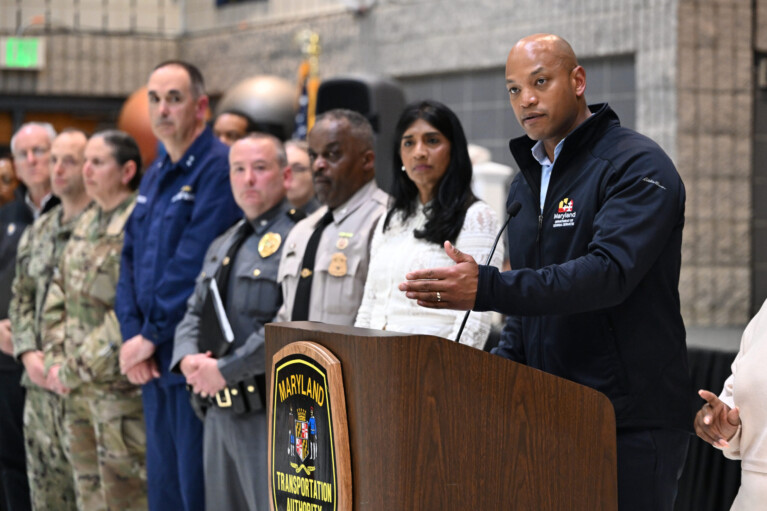House Members Talk Digital Taxes During Revenue Package Floor Debate

Amendments to a bill that would implement a sales tax on digital goods were shot down by Maryland House Democrats during a toe-to-toe floor debate on funding a school reform measure Wednesday.
If enacted, House Bill 932 would apply the state’s 6% sales tax to digital services, including audio and e-books, audio and video streaming services like Netflix or Spotify, cable and satellite plans and online news subscriptions, to name a few.
A part of the revenue package to fund the Blueprint for Maryland’s Future recommendations, the legislation would net over $34 million in fiscal year 2021.
In essence, this legislation is poised to collect sales tax revenue for goods purchased at brick-and-mortar stores that aren’t subject to the same tax when purchased or downloaded online.
The bill’s lead sponsor, Del. Marc Korman (D-Montgomery), described it this way during a bill hearing in the Ways and Means Committee last month:
“Imagine it’s January 1995,” he said. “A 14-year-old, young, infatuated Marc Korman is dropped off at the shopping mall and he walks into Tower Records or Sam Goody to buy Mariah Carey’s then number one hit ‘All I Want For Christmas.’
“Now fast-forward to December 2019: An old, cynical, tired Marc Korman is being screamed at by two young children to please play for them the, again, number one hit ‘All I Want For Christmas’ by Mariah Carey.”
“Same product ― same good ― but sales tax in 1995, no sales tax in 2019.”
Del. Mark N. Fisher (R-Calvert) proposed an amendment that would have removed educational products like documentaries, nonfiction books and online education courses on the basis that the generated revenue would be going to the Kirwan Commission’s education reform recommendations.
“Seems to me that we shouldn’t be taxing digital products that are nonfiction books ― which are about education; or documentary motion pictures ― which are about education; or online educational courses ― which are about education,” he said.
House Ways and Means Committee Chairwoman Anne R. Kaiser (D-Montgomery) said that the bill is about “modernizing our tax code.”
“One principle of tax policy is to … tax like-things alike, and right now if you’re going into a brick-and-mortar store and buying any of these products, you’re paying the sales tax,” she said.
Fisher responded by saying that the most affordable mode of education access is through digital downloads and that it’s good that technology is breaking the monopoly held by brick-and-mortar stores.
“We shouldn’t be taxing the most affordable, accessible way to get education and to obtain knowledge,” he said. “It just doesn’t make sense.”
Kaiser disagreed.
“The gentleman said that the most affordable way is to do digital downloads, and I would surmise and suspect that the most affordable way is to go to the public library,” she said.
Fisher said that Kaiser must be thinking of the 20th Century.
The amendment failed along party lines.
House Minority Whip Kathy Szeliga (R-Baltimore County) proposed another amendment to eliminate taxes that the bill would levy against cable and satellite television services.
Szeliga stated on the floor that the bill unamended “sets up an uneven playing field.”
The conversation on the floor surrounded the notion of fees vs. taxes.
There are dues that cable companies currently impose on their customers, which come in two varieties: public, education and governmental access channel fees and franchise fees.
Public, educational and governmental access channel fees are collected from cable customers by companies like Comcast for access to local television channels.
Franchise fees are collected by cable companies from their consumers to pay local governments for public property used to run their cables.
“This tax on customers will do one of two things: It will push people to satellite or cause them to cut the cord,” Szeliga said.
According to 2017 Pew Research Center findings, 59% of adults in the U.S. primarily consume television through cable services, while 28% are internet streamers.
Of the younger adult age group, a little over 60% reported that internet streaming services are their primary mode of television consumption.
Szeliga said that, if enacted, customers would continue paying the 5% franchise fee and 3% public, educational and governmental access channel fee along with the additional 6% sales tax ― taxing people twice for cable TV.
She said that such a measure would “make us the laughingstock of this nation.”
Kaiser said that franchise fees are not the same as taxes, but rather business expenses that cable providers pass along to consumers.
She repeated that the legislation “is about equity for small businesses.”
“Right now you can buy books and you can buy movies in a brick-and-mortar store, and people are paying sales tax. That should be the case with streaming services,” Kaiser said. “And then with streaming services, people are getting movies and other shows and that should be equitable with cable and satellite.”
Del. Matt Morgan (R-St. Mary’s) disagreed with Kaiser about the fee vs. tax discrepancy, asking how it was fair that an extra be placed on cable users.
“I reject the pretext of your question,” responded Kaiser. “They aren’t being taxed, and now this amendment would tax streaming services and not the other two. That would be unfair.”
House Minority Leader Nicholaus R. Kipke (R-Anne Arundel) quoted former Gov. Martin J. O’Malley (D): “A fee is a tax and a tax is a fee.”
“I think we’ve all accepted ― in both parties ― that it’s coming out of the pockets of our beleaguered taxpayers,” he said.
“And to say it’s a tax or fee, you know, that’s just sort of splitting hairs.”
The amendment also failed along party lines.




 Creative Commons Attribution
Creative Commons Attribution